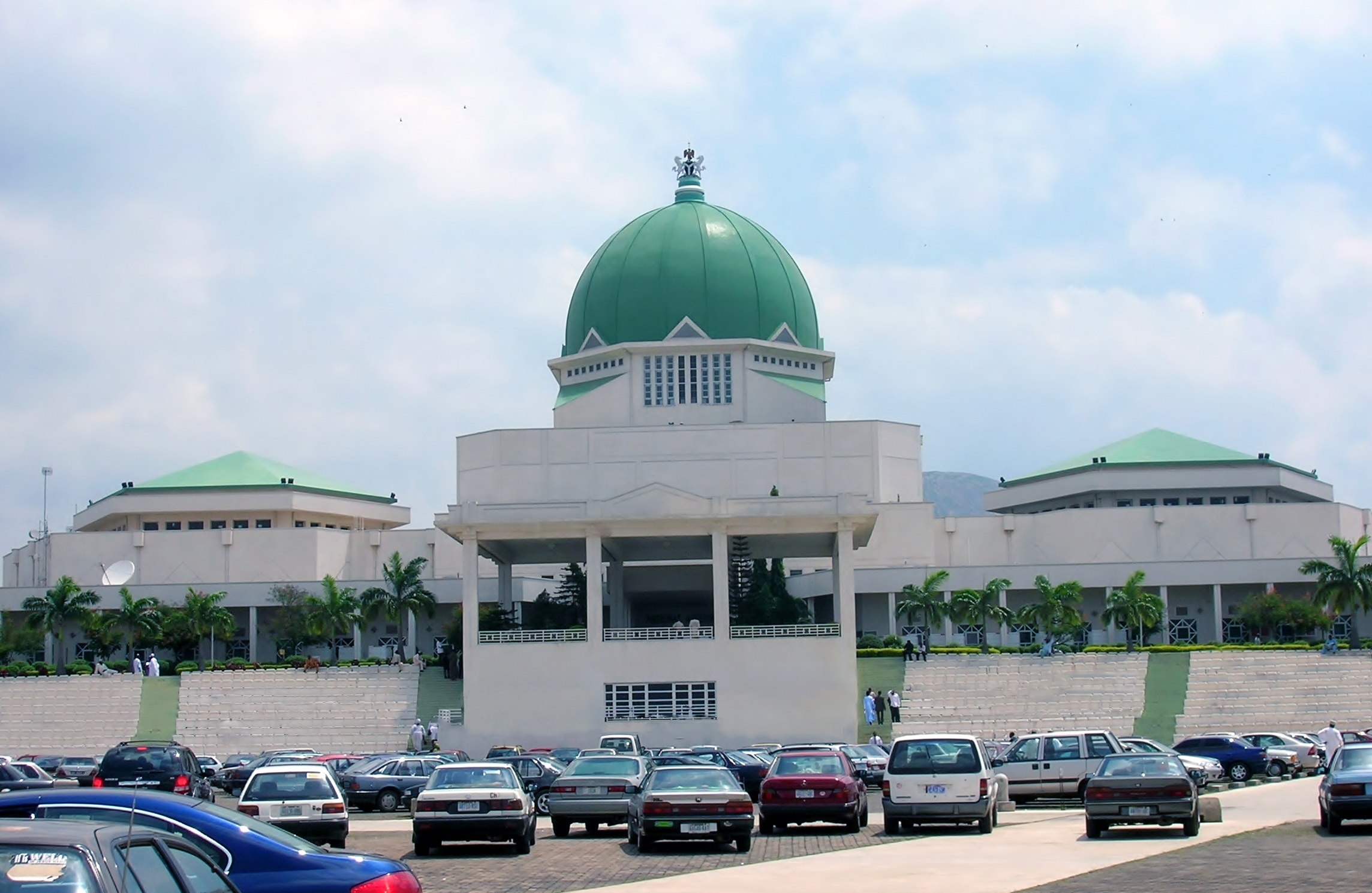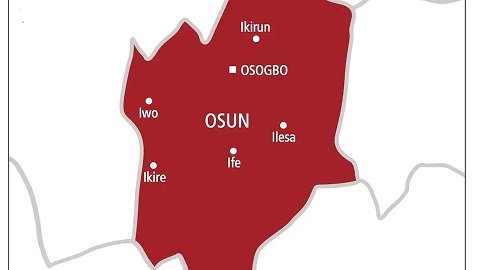[ad_1]
Femi Aduwo is the national coordinator of Rights Monitoring Group, a coalition of 45 civil society organisations and doubles as the Executive Director of the Centre for Convention on Democratic Integrity (CCDI). He speaks with DARE ADEKANMBI on his team’s preliminary findings on pre-election activities of parties, INEC’s readiness for the elections among other issues.
You head one of the most efficient election observation groups in the country and I know you don’t just monitor the elections, but you also take keen interest in pre-election activities. What is your gauge or barometer reading of the electioneering activities going on across the country?
The Centre for Convention on Democratic (CCDI) in conjunction with the Centre for Information and Research on Civic Learning and Engagement of a renowned university in United States embarked on 37 days opinion poll focused on attitudes, issues and actions toward 2023 general election. We spoke with about a million registered voters across the 36 states and Abuja, 80 per cent agreed they would be pre, during and post-election crisis and they believed the only antidote to unwarranted killings is for any of the presidential candidates not assume it is his turn to win and they should openly and secretly warn their confused supporters about the consequences of maiming or killings before, during and after the announcement of the winner of the election. The study also confirmed that the peace accord signed by presidential candidates will not reduce crisis. In the South West, Lagos in particular, entire North-West, Borno State, South East are the flashpoints areas.
Nigeria’s elections have been marred by violence unfortunately. In 2011, more than 800 people died as post-election protests morphed into mob attacks on minorities in 12 northern states. Even the more peaceful 2015 polls saw scores killed during campaigning. A range of factors conspire to heighten risks of bloodshed nationwide around next year’s election. These include the “win or die” mentality. The early phone call made by the then President Goodluck Jonathan to Buhari was the saving grace. Before 2015 general election, Buhari said they either conduct free and fair elections or they go a very disgraceful way. I recall his famous statement that “If what happened in 2011 [alleged rigging] should again happen in 2015, by the grace of God, dog and baboon would all be soaked in blood.’’ He did not elaborate further. Such unguarded statement from a presidential candidate definitely was an invitation to anarchy.
During our recent survey, we noticed only very few voters are interested in parties’ manifestoes. ln the 80s, political parties were known by ideological leanings such as capitalism, socialism or communism. This is not even what we are asking either APC, PDP or LP. We are saying the political parties must have distinct agenda programmes or manifestos. Many Nigerians could still remember the five cardinal programmes of the defunct UPN. The party was distinct with welfare socialism as its philosophical foundation. Also, it is the parties that should have manifestos and not the candidates.
Looking at the candidates offered to Nigerians by the major parties as presidential materials, do you see any hope in any of them turning the country around if elected?
We need to have a broad-based national consensus on many issues such as power devolution and fiscal federalism and all divergent interests must be considered and there must be synergy between the president, the National Assembly and state governments. Again that is why party’s manifesto should be supreme and not individual presidential candidate’s agenda. The outgoing President Buhari neither executed any three or five-point agenda or APC manifesto. Many of the people we spoke to who are not members of any political party believe Atiku and Obi may likely be honest with their promises.
Are you confident INEC will deliver on its promise to conduct free, fair and credible elections, particularly with the expected large-scale deployment of BVAS?
By virtue of the Electoral Act 2022, votes are now electronically transmitted. The new electoral act has given legal backing to INEC to deploy technology to enhance the credibility of the electoral process. This has given birth to the deployment of INEC Voter Enrollment Device (IVED), Bimodal Voter Accreditation System (BVAS) and INEC Result Viewing (IReV) portal. But the aforesaid are not bulwark against election gerrymandering or manipulation. A technology operated by a fraudster can become a fraudster. So, notwithstanding the deployment of technology in the electoral process, INEC officials can still assist election riggers in any of the political parties if they want. Interestingly, the youths who are yearning for good governance would be in charge as electoral officials and party polling agents. l wish they would depart from the old path and enhance free and fair elections, regardless who wins. Recently, INEC revealed how hackers from Asia several times launched cyber-attacks on its portal during Ekiti /Osun gubernatorial polls. The last United States presidential poll was also reported to have come under certain attack, but for the quick intervention of the experts. Definitely, the possibility of cyber-attack of INEC System in 2023 is likely high.
Some people have been commenting on the recent decision of the CBN to change some high denomination Naira notes and the claim the politicians are hoarding money for elections. In your own observation, do you see it that way too?
Unfortunately l am not an economist the question is why now? ln 1984, the General Buhari changed the currency. In times past, the Nigerian currency was stronger than dollar and Naira was being used outside the country as a medium of exchange. These days, I think many people believe the Nigerian currency is unsafe and insecured.
As a returnee of World Bank /IMF Board of Governors meetings since 2012, and the last meeting for this year which ended in Washington D.C last month, l asked a top banker from an EU country why nations redesign currency and he said it may be due hyperinflation, exchange rate collapse, massive counterfeiting of the existing currency. I believe it’s due to huge counterfeiting in the system that the CBN could be thinking of doing this policy. It could also be partly probably due to the known fact that Nigeria is one of the countries with highest number of billionaires without enterprise.
ALSO READ FROM NIGERIAN TRIBUNE
[ad_2]








![Bola Ahmed Tinubu [Credit: BAT]](https://thesource.com.ng/wp-content/uploads/2022/11/Agege-LGA-promises-Tinubu-more-than-300000-votes--75x75.png)